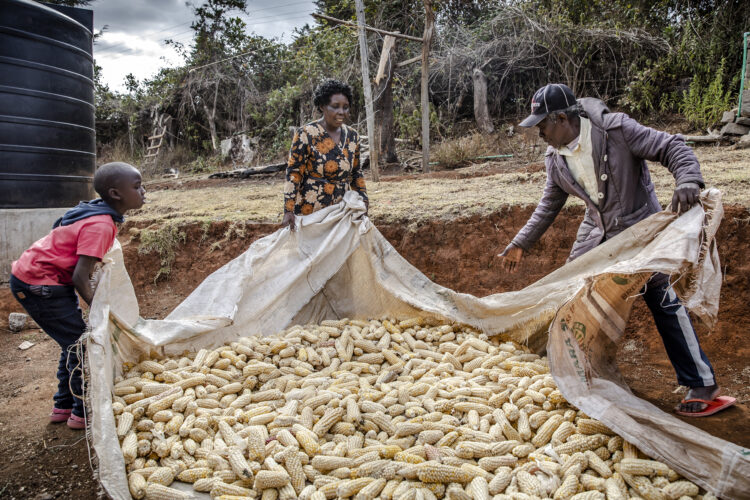Food and agricultural production practices applied by family farmers – including agroecological and integrated systems; recycling of nutrients, energy and waste; natural pest control; crop diversification; and efficient management of natural resources and soil health – present promising opportunities to address climate change given that they allow high-level adaptation capacity to new environmental circumstances. This adaptation capacity is embedded in the local knowledge that is being continuously renewed through observations and farmers’ experimentation.
Click here to read and download the brochure.

